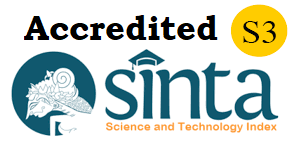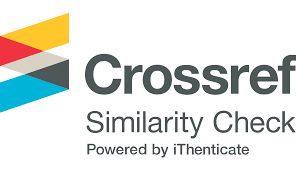HUBUNGAN PROKRASTINASI AKADEMIK DAN EFIKASI DIRI DENGAN KETIDAKJUJURAN AKADEMIK PADA MAHASISWA DI SURABAYA
Abstract
Universities are places where formal education can be found. Undergraduate students are the initial degree in taking education in college are generally aged 18-25 years, which means that in the review of developmental psychology students are in the emerging adulthood phase (Listyanti, 2012). Facts in the field found that students tend to commit dishonesty or cheating which is then called academic dishonesty (Fitriana & Baridwan, 2012). This study was conducted to determine the relationship between Academic Procrastination and Self-Efficacy with Academic Dishonesty in college students in Surabaya. This study used a correlational quantitative method. The sample in the study was 347 participants with the criteria of active students in Surabaya aged 18-25 years. The sampling technique used accidental sampling. Data analysis techniques using multiple regression analysis (R value = 0.462). Measurement of academic dishonesty data using a scale proposed by Lambert, academic procrastination using the Tuckman Procrastination Scale adapted by Suhadianto, measurement of self-efficacy data using Bandura's scale adapted by Kurniawan. The results show that there is a relationship between academic procrastination and self-efficacy with academic dishonesty (F value = 46.573 with a significance of 0.000). Partial test results show a significant positive relationship between academic procrastination and academic dishonesty (β value = 0.205). Then the self-efficacy variable with academic dishonesty has a positive relationship (β value = 0.255). Based on the results of the study, the author hopes that the subjects are able to minimize academic dishonesty behavior by managing their time also being confident in their own abilities














